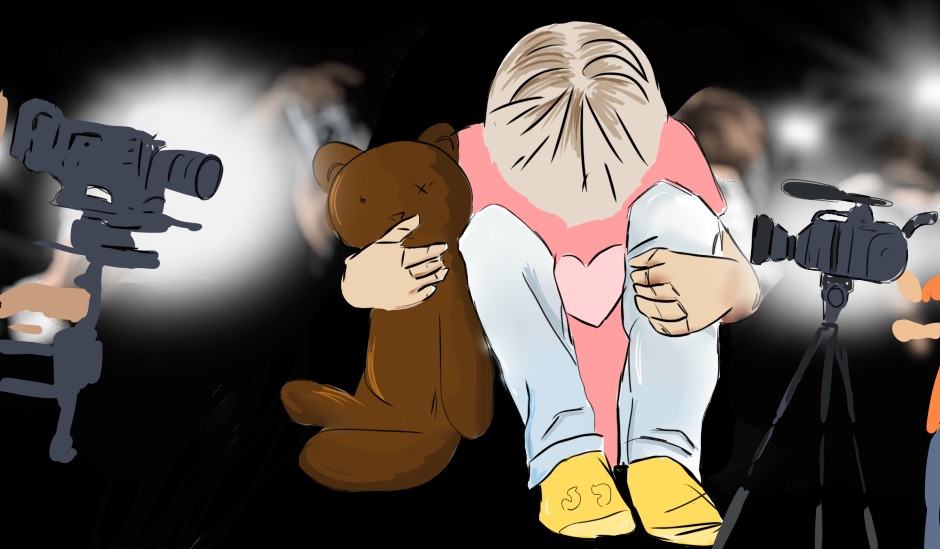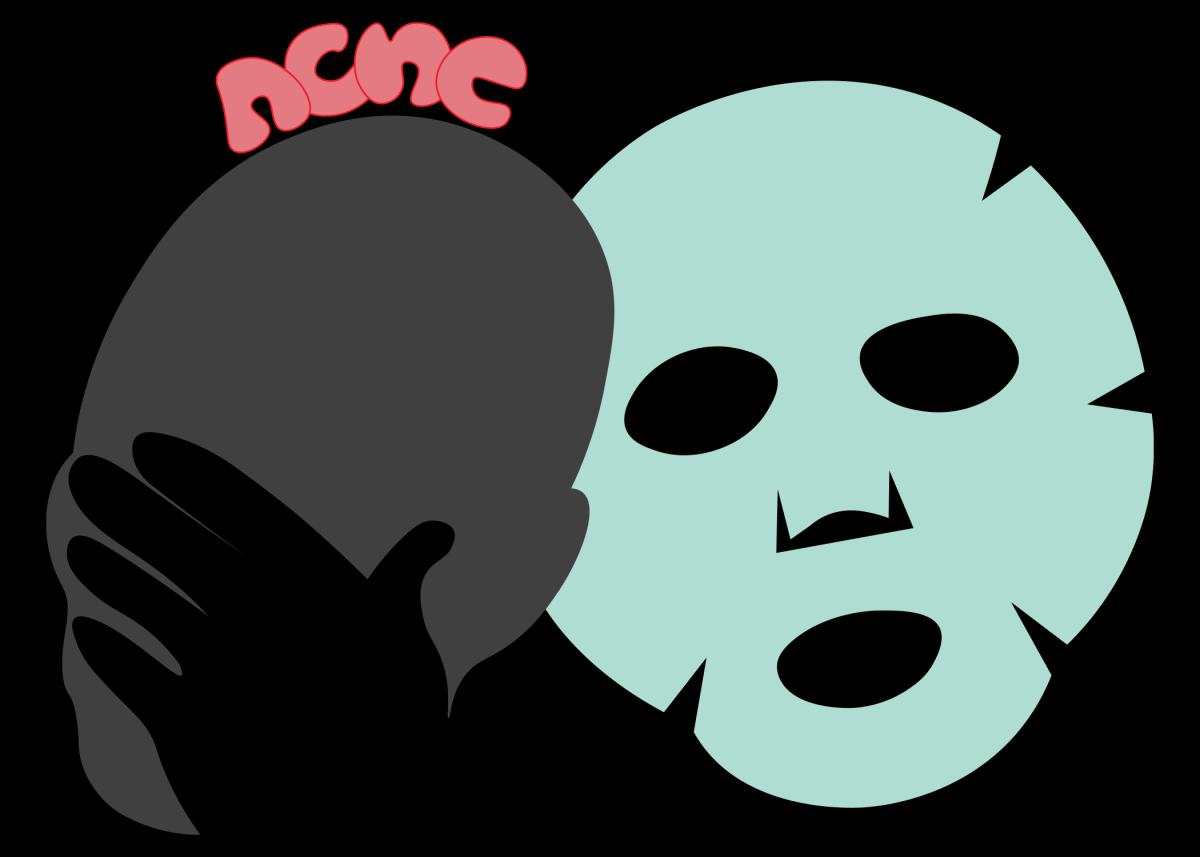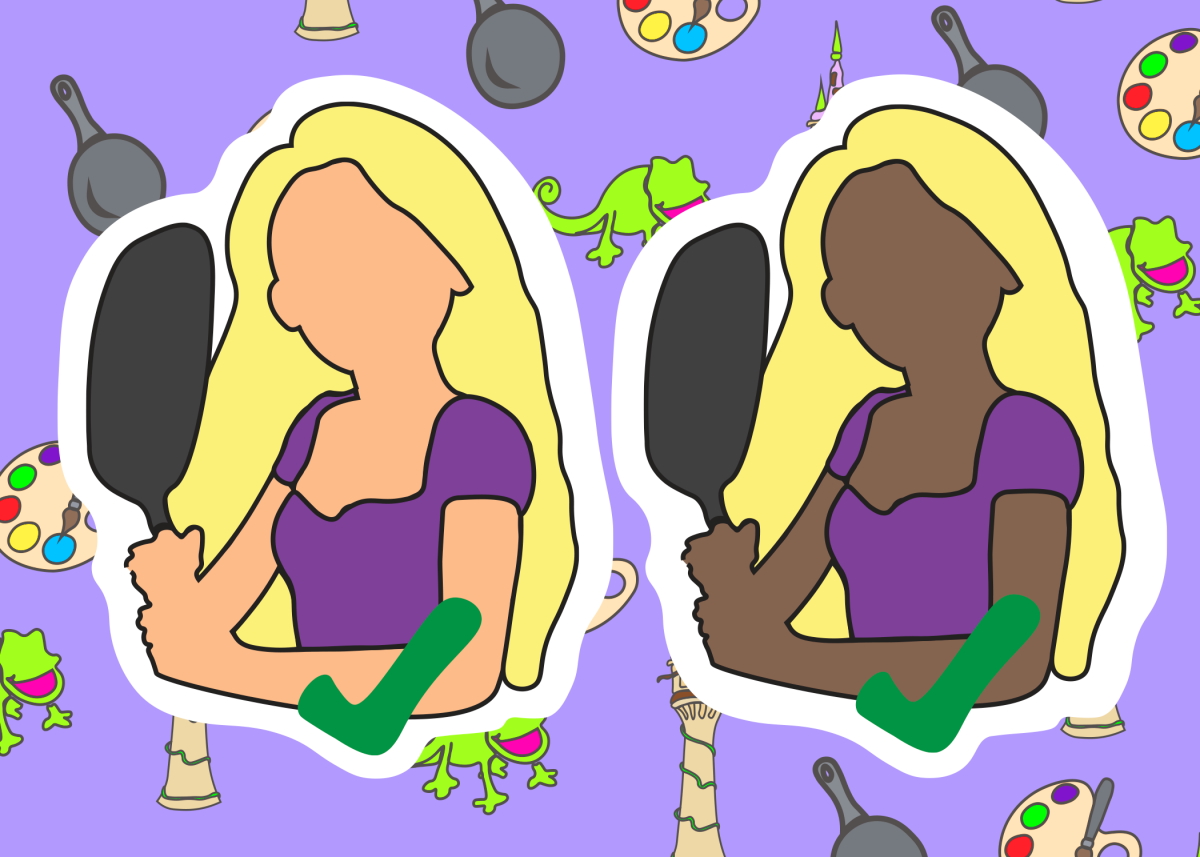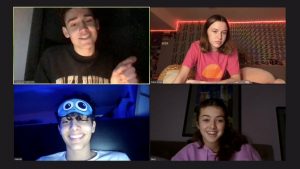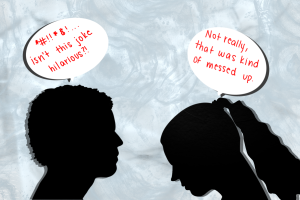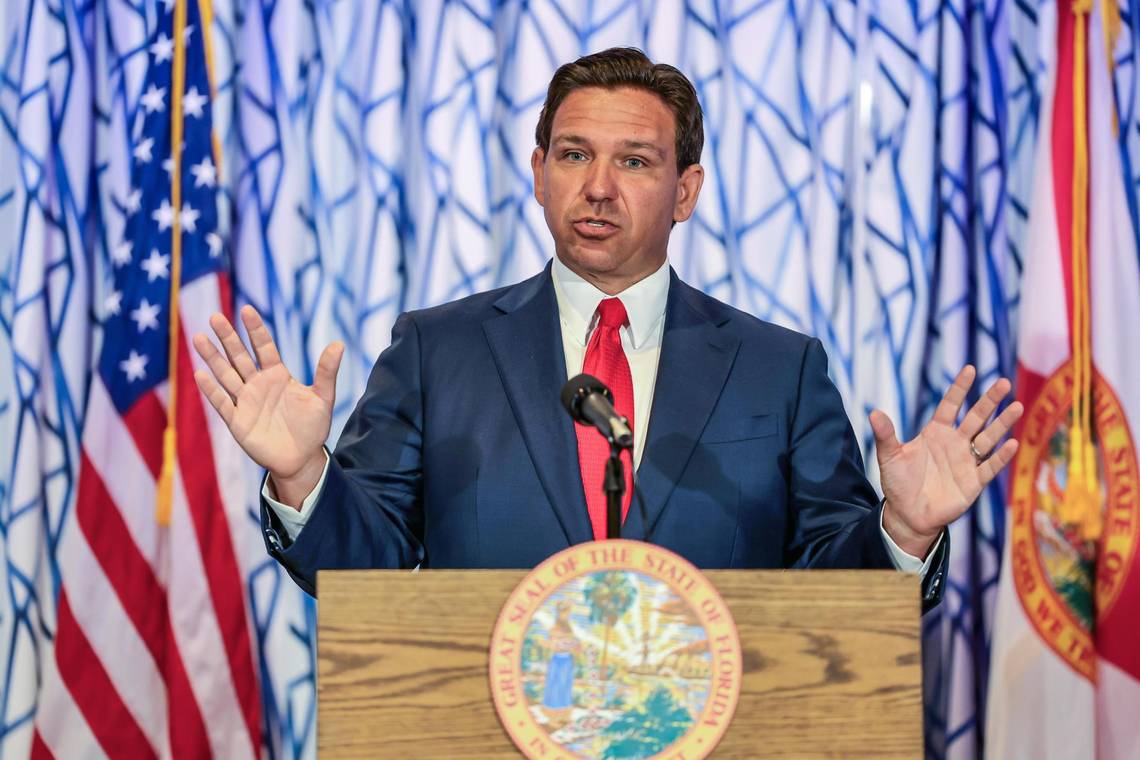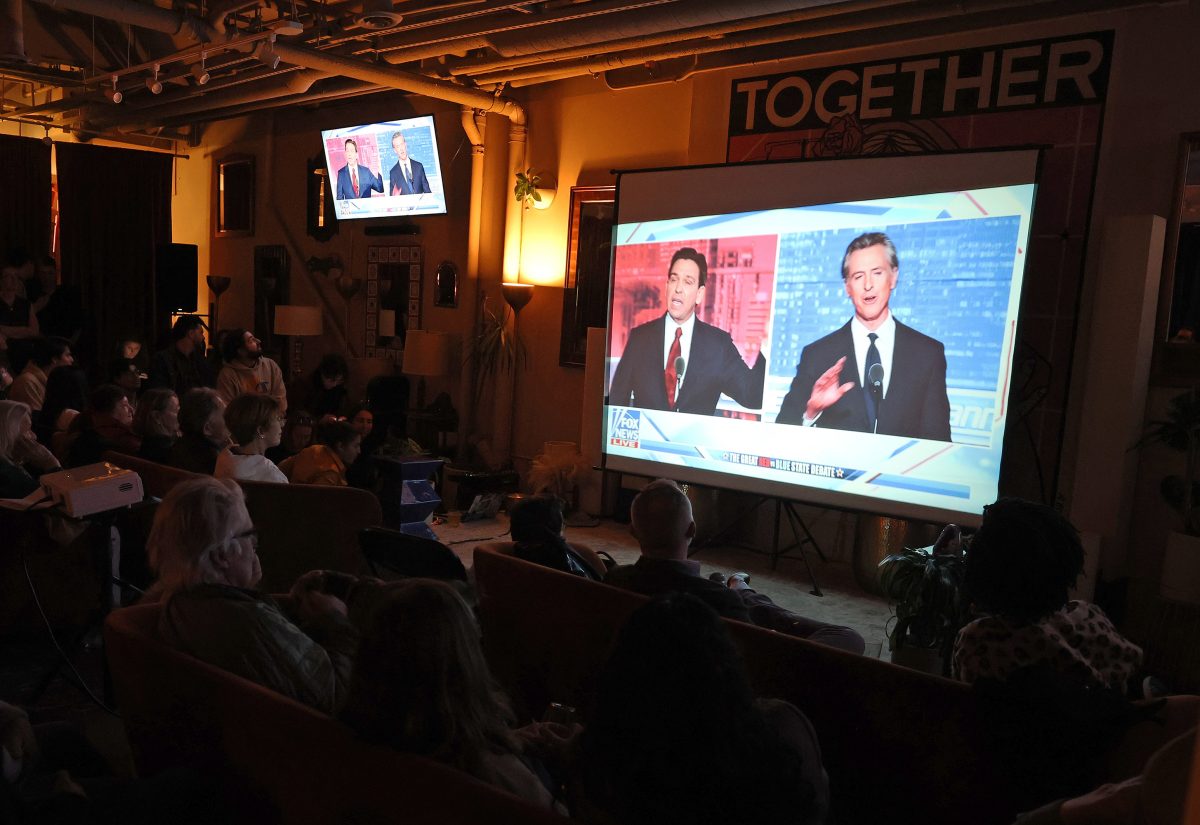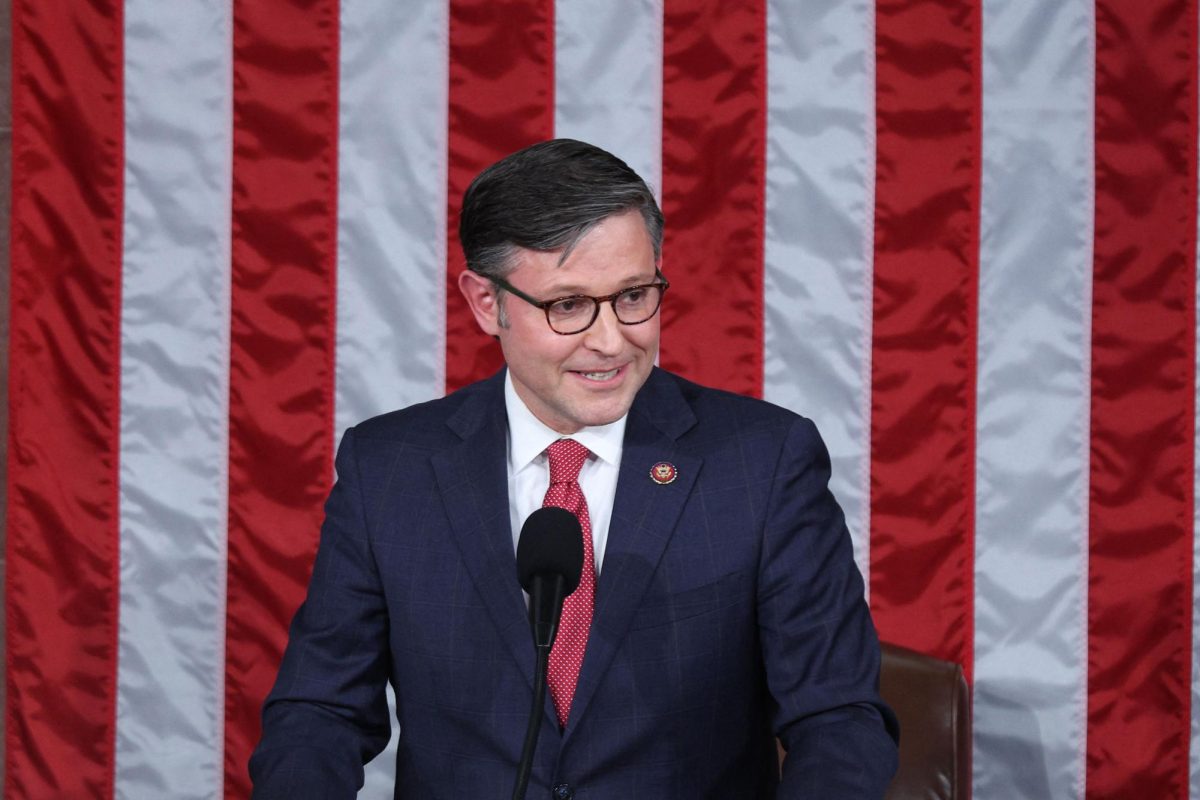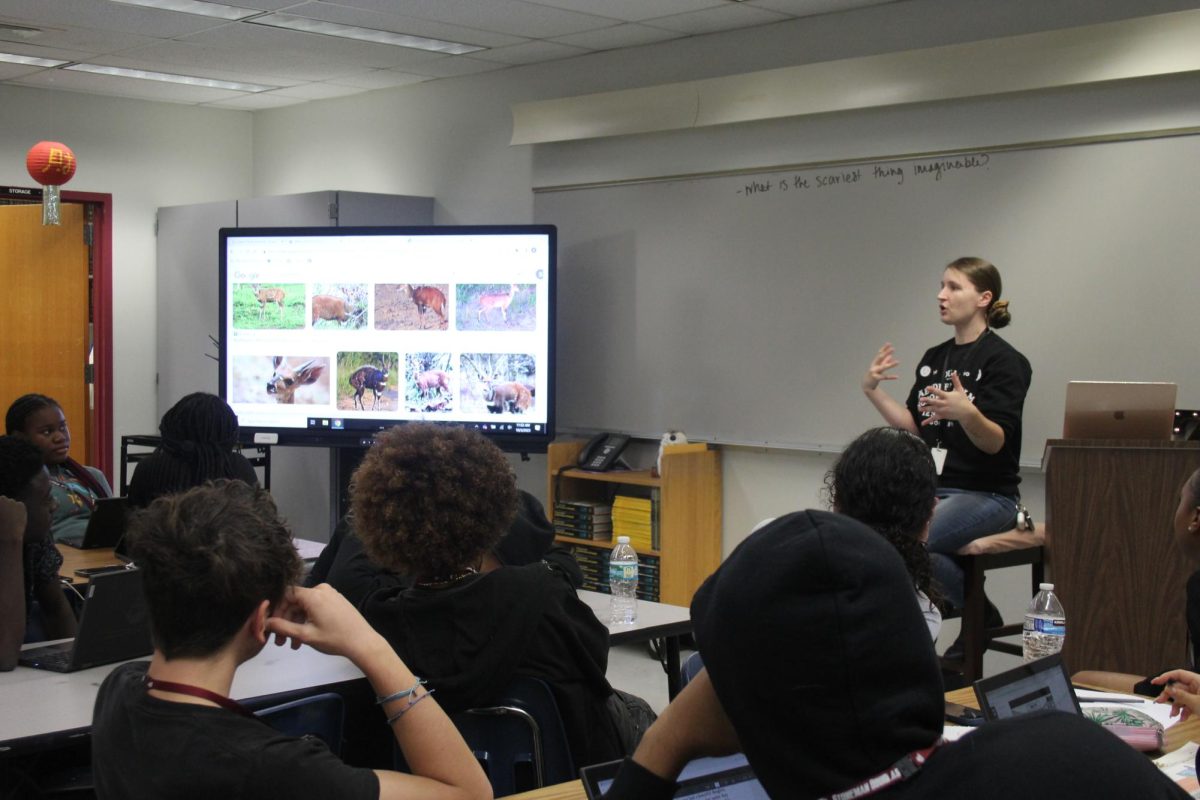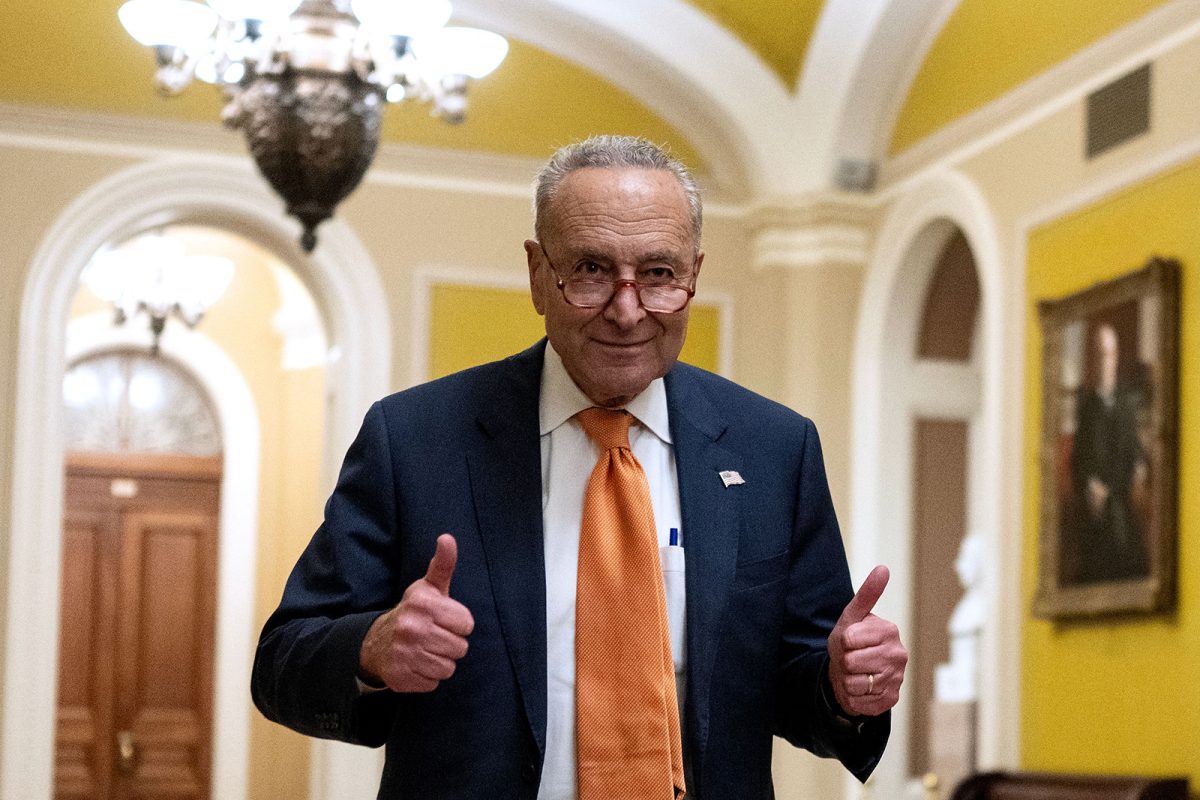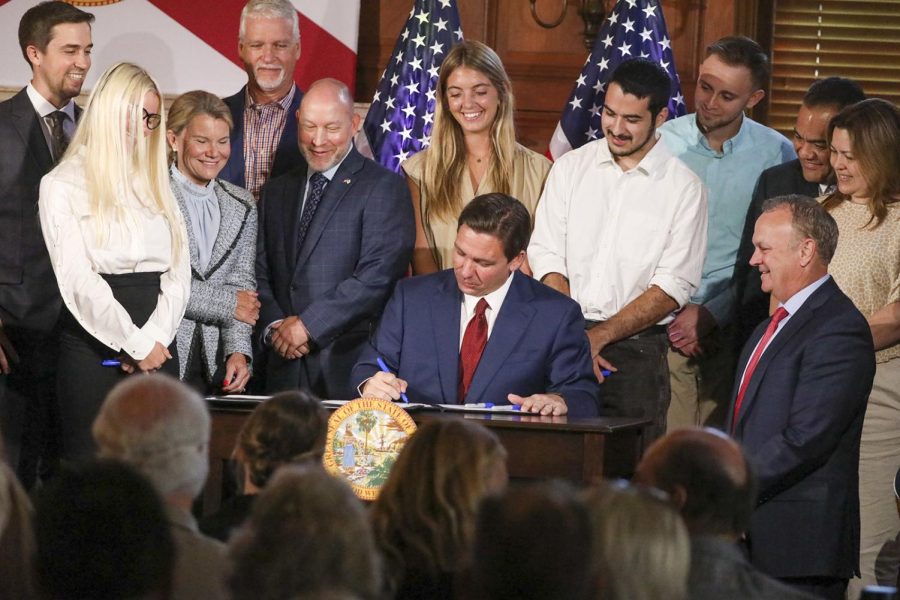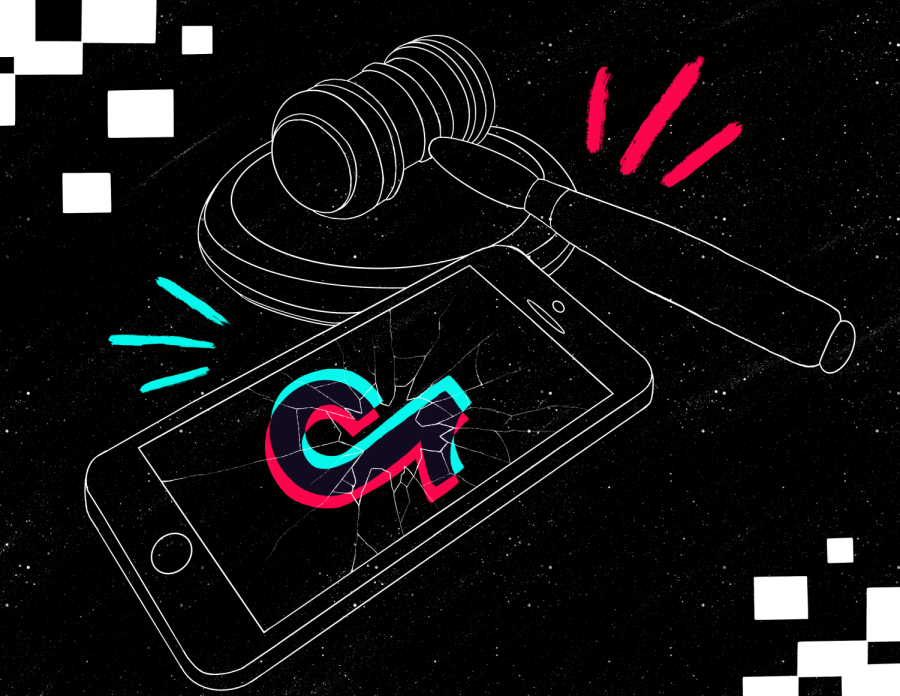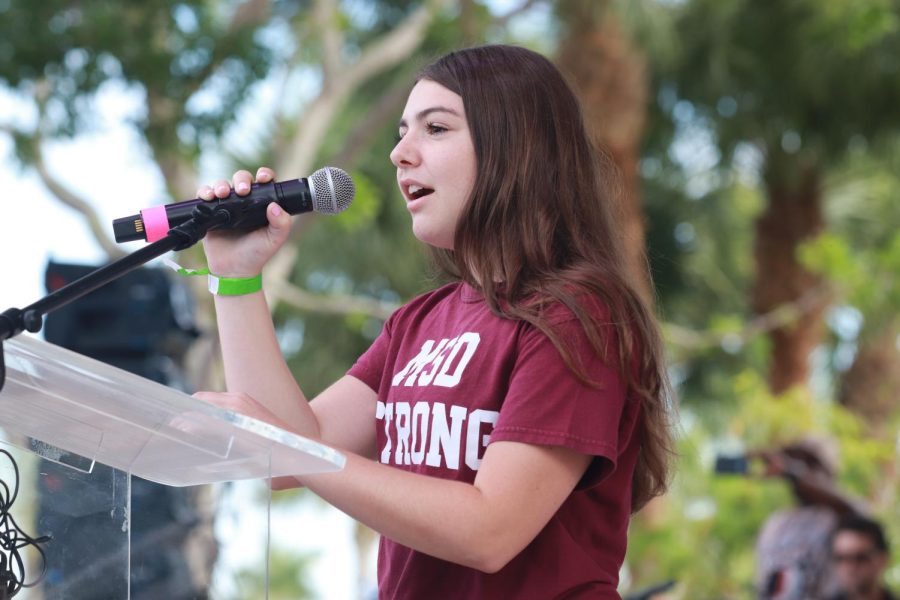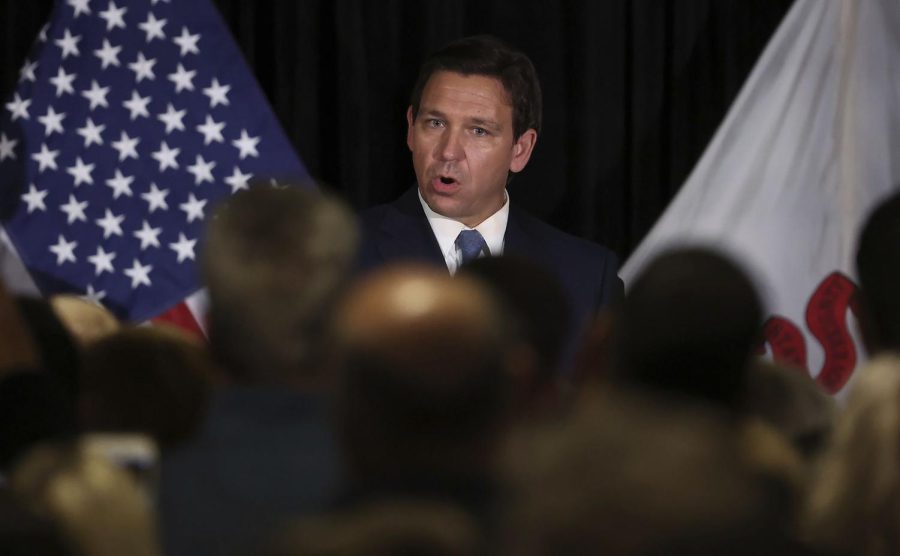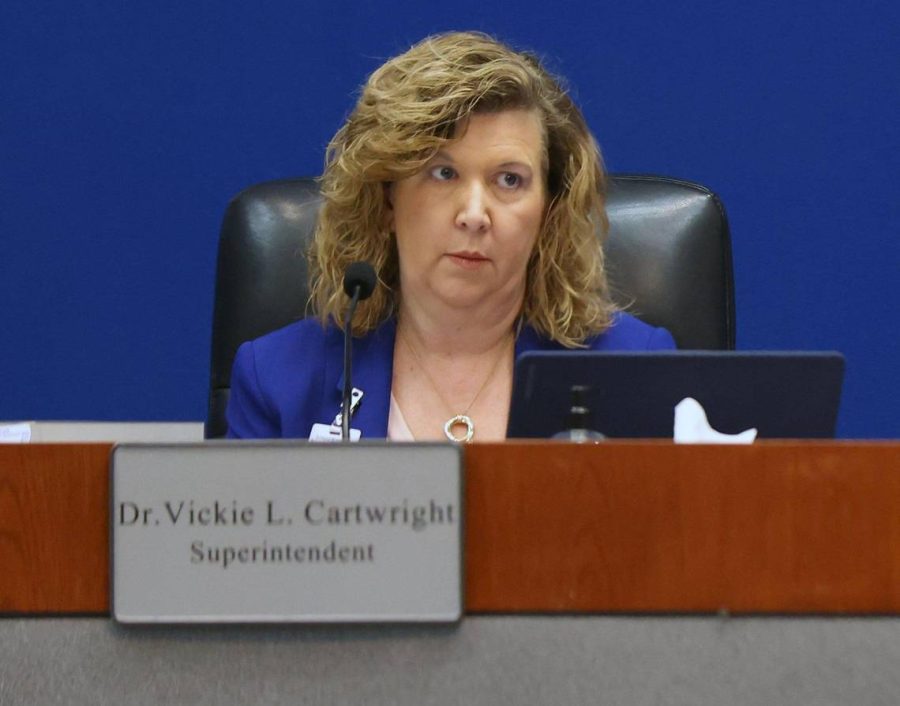House Bill 3 was passed and signed into law during the 2024 Florida legislative session. It prohibits children under 16 from having a social media account and requires age verification for sites that are harmful for minors. The law was signed on March 25 by Florida Gov. Ron DeSantis, and allows 14- and 15-year-olds to have a social media account with parental consent. It was introduced due to concerns of internet addiction and the internet safety of teens.
HB 3 is the edited combination of two bills that were introduced. The first bill, HB 1778, was introduced by the Judiciary committee and Senator Erin Grall on Monday Jan. 8 during the Florida legislative session in the Florida House of Representatives chamber in Tallahassee. The proposed law would have prevented anyone under 16 from creating a social media account, even with parental consent. It was vetoed by DeSantis, and HB 3 was introduced as a compromise and signed into law.
In Florida, there were no laws restricting social media use based on age, only the Children’s Online Privacy Protection Rule, which requires social media websites to verify if the user is of 13 years of age. Under H B3, existing accounts belonging to people who are under 14 will be terminated, as well as under 16 who do not have parental consent.
HB 3 will also affect people above 15, as they will have to prove their age in order to continue to use social media. It is unclear how this law will be implemented, especially with parental consent. Sites that do not follow the law could be penalized with $50,000 per violation.
Supporters of HB 3 say the reasoning for the law to pass was due to social media being considered addictive to children. Other laws have been passed due to concerns of internet addiction in children. A bill of a similar fashion to HB 3 had failed to pass in Arkansas after being declared unconstitutional. In federal court, a restrictive Utah social media law is now facing a challenge. It means that in the future, HB 3 may be challenged as well, especially by social media companies, as the contents of the Florida law are similar.
“It’s like a digital fentanyl, and even the most plugged-in parent or attuned teen has a hard time shutting the door against these addictive features,” State Representative Fiona McFarlan said in a house session.
These laws have not been the Florida legislature’s first interaction with restricting social media. DeSantis has previously signed a bill to prohibit students from using TikTok on district-owned devices and blocks anyone from using the app as a means of promoting school activities. It came into effect last year on July 1.
“I think [screen time] needs to be a little more limited and restricted. Everyone is always on their phones these days,” freshman Moksha Patel said, “I think it could be good for socializing and stuff, but I don’t think that it should be a necessity.”
Excessive internet use in teens is a well documented research phenomenon. Currently, 53% of children have a phone by age 11. Use of phones in school is incredibly common and makes kids more isolated, giving more reason for legislators to pass laws protecting children from internet use.
“We don’t allow our kids to go into casinos. We don’t allow our 11-year-olds to buy alcohol. There is no parental consent you can sign to let your kids go into a liquor store,” Representative Tyler Sirois said.
Whilst today in this modern age people are highly dependent on technology, it is not recognized as an addiction by the American Psychiatric Association.
“This is no different than opioids,” Florida House Speaker Paul Renner said. “This is no different than tobacco. It rings very, very similarly to me, where companies are knowingly putting forth a harmful product that is taking the lives of young people, and they are doing nothing to stop it.”
Another reason for many social media restriction laws is cyberbullying. Online harassment and cyberbullying is a prominent issue that requires addressing through legislative action. 46% of teens reported being cyberbullied.
Social media is also home to online spaces that harbor bigoted and hateful targeted behavior, often being exposed to teens through social media algorithms. It allows teens to be exposed to hateful behavior, as well as allowing them to participate in those behaviors. Data gathered from over a thousand youth in the US showed that approximately half of them, within a study period of three months, experienced exposure to hateful material while online. Extremist views are allowed to thrive on the internet, and teens are allowed to participate in them if they wish to with little restriction.
“[In my opinion,] 13 and under can be banned, but 14year-olds will have started to know how to protect themselves [on the internet],” senior Elif Yildirim said.
Supporters of internet restriction bills advocate against minors being allowed to access anything on the internet with no limits. A second related bill was introduced to bar minors from accessing harmful media. The bill will require third-party age verification for sexually explicit websites to block users under 18.
These sorts of laws have been declared unconstitutional by American Civil Liberties Union v. Ashcroft by the US Supreme Court as a violation of the First Amendment. It is unclear how these laws will be implemented and how the issue of Virtual Private Networks that could possibly be used to bypass these restrictions will be addressed.
The law defines “substantial portion” as 33.3% or more of total content. It also defines “harmful to minors” as anything “the average person applying contemporary community standards would find, taken as a whole, appeals to the prurient interest; Depicts or describes, in a patently offensive way, sexual conduct; and When taken as a whole, lacks serious literary, artistic, political, or scientific value for minors.”
This gives the state free reign on what they define as “harmful to minors,” which under this could fall LGBTQ+ resources. In the past, restriction of LGBTQ+ information and sex education to minors have been restricted due to them being deemed inappropriate for minors. Previously, the Florida legislature has passed the “Don’t Say Gay” law and laws that affected sex education in order to exclude LGBTQ+ identities; therefore, it is possible that they will do the same in this situation. Both of these laws were passed for parental rights much like HB 3.
“I think [social media] does more good than harm. [But] social media can benefit teens a lot. They can learn about events in many parts of the world and expand their interests. Social media is enabling teens to break out of their echo bubbles,” Yildirim said.
It is important to note that schools already abide by the Children’s Internet Protection Act, which blocks inappropriate material. However, parents worry about the exposure of inappropriate material in places other than schools. In a survey nearly three in four teens reported that they have seen online pornography. Supporters of the bill claim that teens consuming explicit content is harmful as it can lead to high-risk sexual behaviors and reinforcement of sexist ideas in teens.
Opponents of the social media law have said that youth, especially at-risk groups like LGBTQ+ youths, need to have access to support. Social media allows people to have the resources to help with situations like being in an abusive space or experiencing suicidal thoughts especially for groups that are at-risk. Social media can be a place for kids who suffer bullying in school to have community support through online social media spaces.
“In my opinion, there is nothing more natural than the use of social media by teens in the 21st century. With the development of technology, many teens communicate through different types of social media apps,” Yildirim said.
Netchoice, an industry group representing social media companies, and other opponents of the law have warned that the passing of this law would prevent teens from participating in the many positive uses of social media.
“I don’t exactly think that’s a good idea because although teens need to limit their time on phones, they can benefit from social media,” Patel said. “This doesn’t mean [that they are] making their phone their life.”
Teens today use social media in many ways like advocating for things they care about, educating themselves on what is going on in the world, for artistic expression and to keep in touch with friends and family. Teenagers are often the first in social change, movements, trends, and technologies. This is seen with TikTok’s influence in the US and its predominantly young user base. This law instead restricts teenagers 15 and under from free speech on social media platforms, under the guise of protection.
“Many teens today leverage the internet and apps to responsibly gather information and learn about new opportunities, including part-time jobs, higher education, civic or church gatherings, and military service,” Meta representative Caulder Harvill-Childs wrote to the House Judiciary Committee. “Florida risks putting its young people at a disadvantage versus teens elsewhere.”
The new social media law will go into effect Jan. 1, 2025. HB 3 has been criticized for restricting constitutionally protected speech and demanding data collection on minors while violating their rights to speak online.


